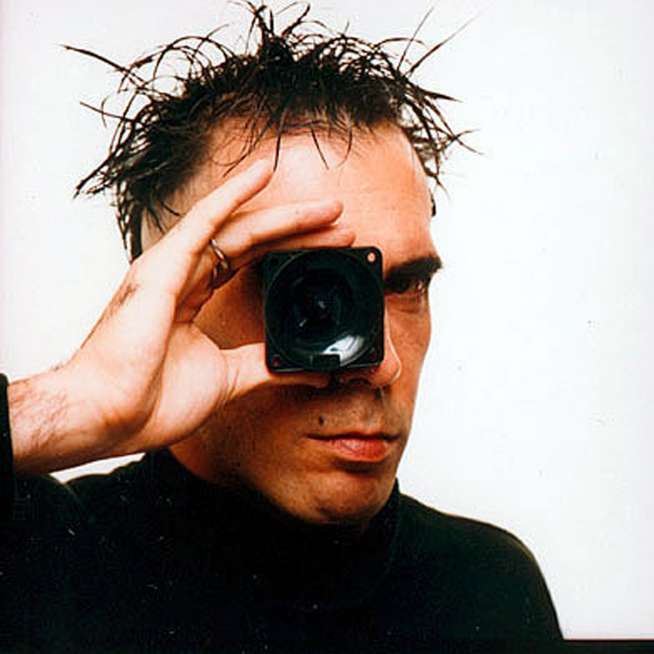Music: David Byrne
By Chris Klimek
Hey, is there always this much dancing at the Lyric Opera House?
On Wednesday night, the beautiful 114-year-old home of the Baltimore Opera Company hosted the second date of David Byrne's tour behind "Everything That Happens Will Happen Today," the superb sci-fi/country/gospel album he and Brian Eno created via the Internet, working from opposite sides of the Atlantic.
It's not every day, or every decade, that a pair of probable geniuses like Byrne and Eno make a record together — in fact, it had been 27 years. Each man can sometimes come off as a remote egghead, but Byrne's staging of their album (plus songs from their prior collaborations, 1978-81) was as warm and ecstatic as concerts get, Byrne fronting an ensemble — dressed head-to-toe in white — that included two drummers and three backup singers. Beginning with "I Zimbra," the mercilessly polyrhythmic second number, a trio of dancers appeared, offering a visceral "sighttrack" to the music more captivating than any bombastic laser show. Byrne was sometimes a prop and sometimes a graceful participant in their choreography — one dancer leapfrogged over Byrne's head during while the latter scratched out a fiery guitar solo on "Crosseyed and Painless." The dancers weren't just eye candy, either: A routine performed on office chairs during "Life Is Long," for example, underscored the tune's observations about the balance of joy and tedium woven into even the most prosperous of lives.
Now 56, Byrne is doing the most open-hearted singing of his career, and the acoustically pristine Lyric was an ideal venue for the rich, mature timbre of his voice as well as the rubbery groove of his ace band.
The crowd warmed to the new songs, which with their major keys and soaring choruses were communicative even if unfamiliar. But predictably, it was the Talking Heads classics that pulled everyone from their seats and into full, shameless, lights-off flail. When the still-striking "Once in a Lifetime" slid into the jagged paranoia of "Life During Wartime," the building shook for reasons far happier than the urban guerrilla combat the song so chillingly evokes.
